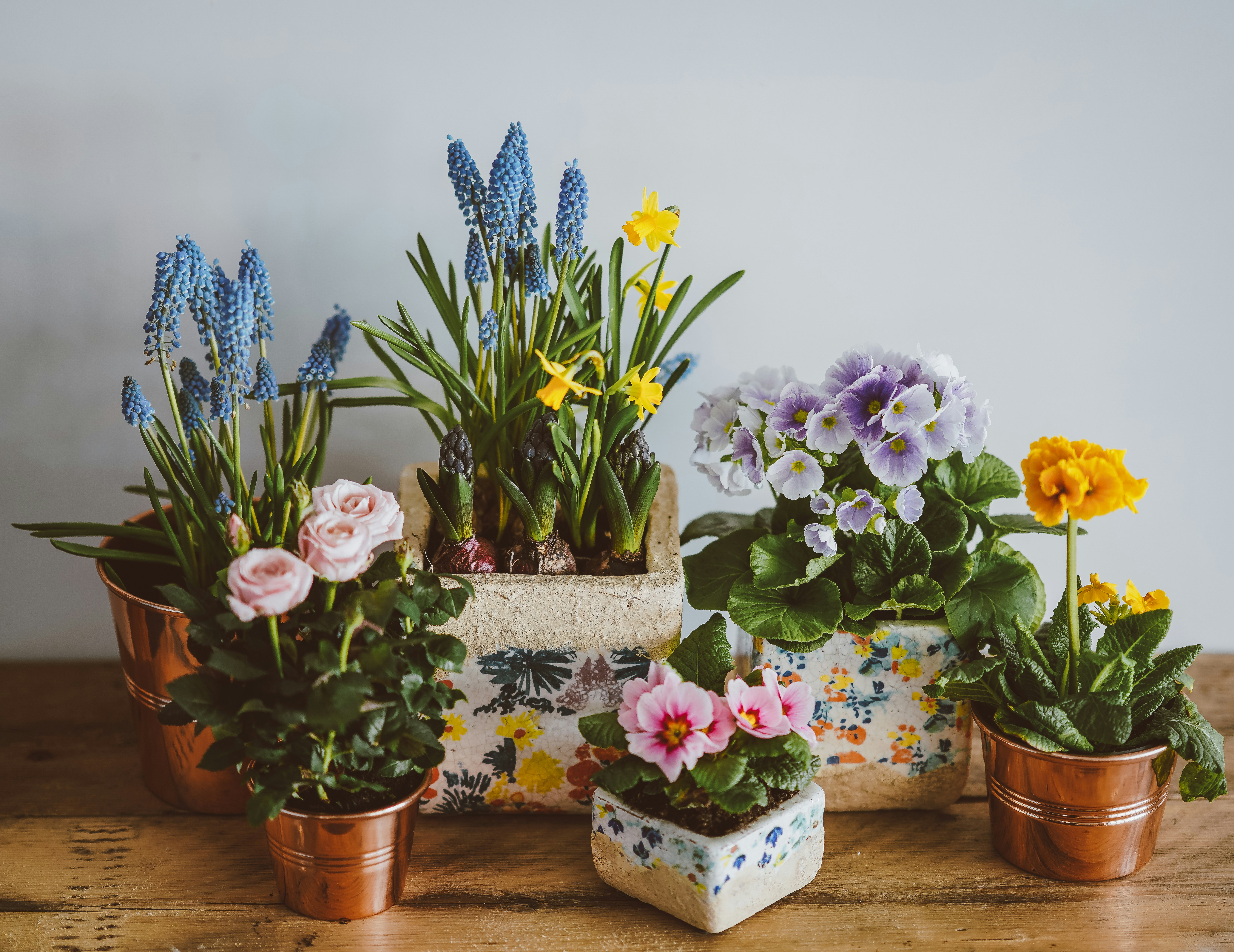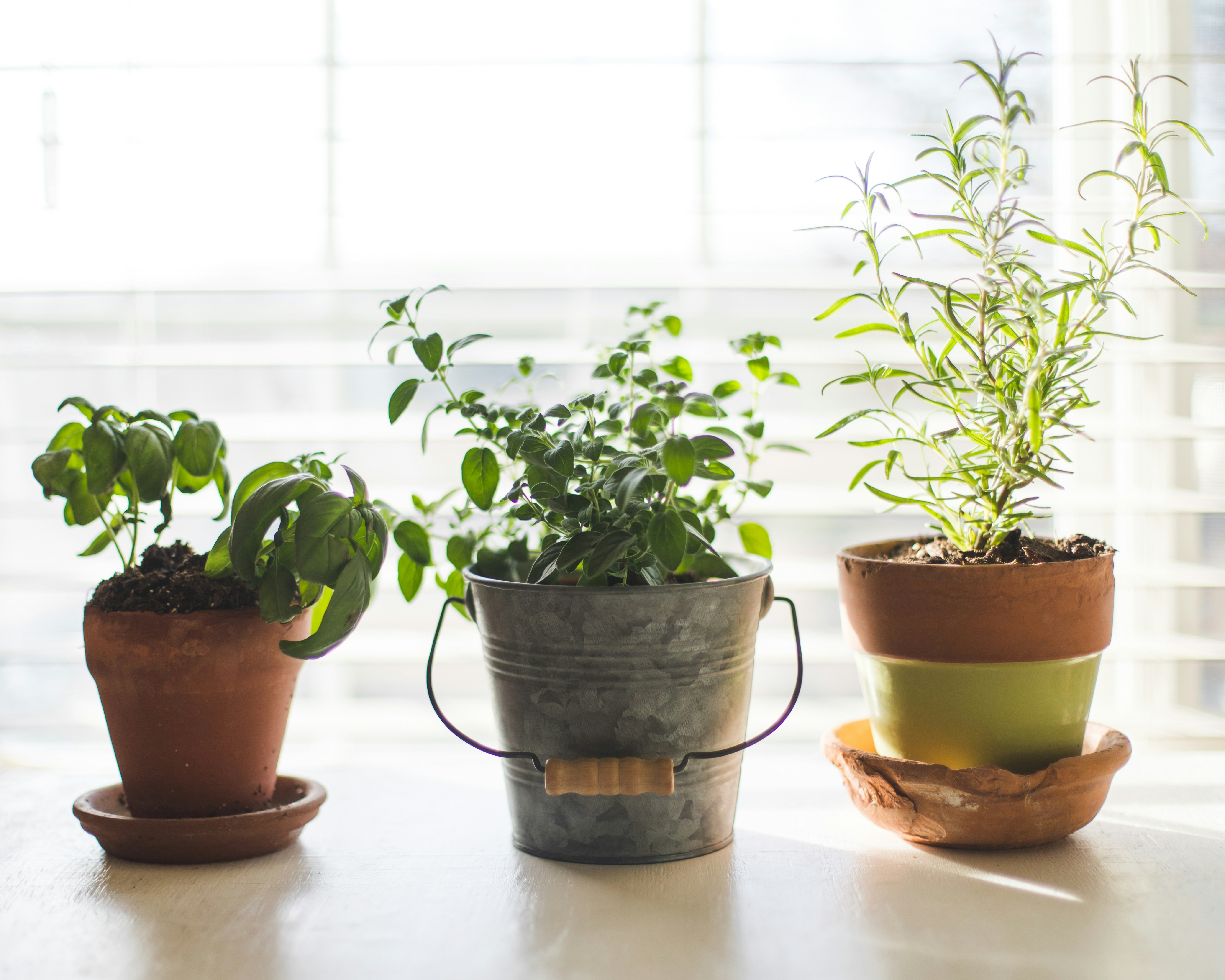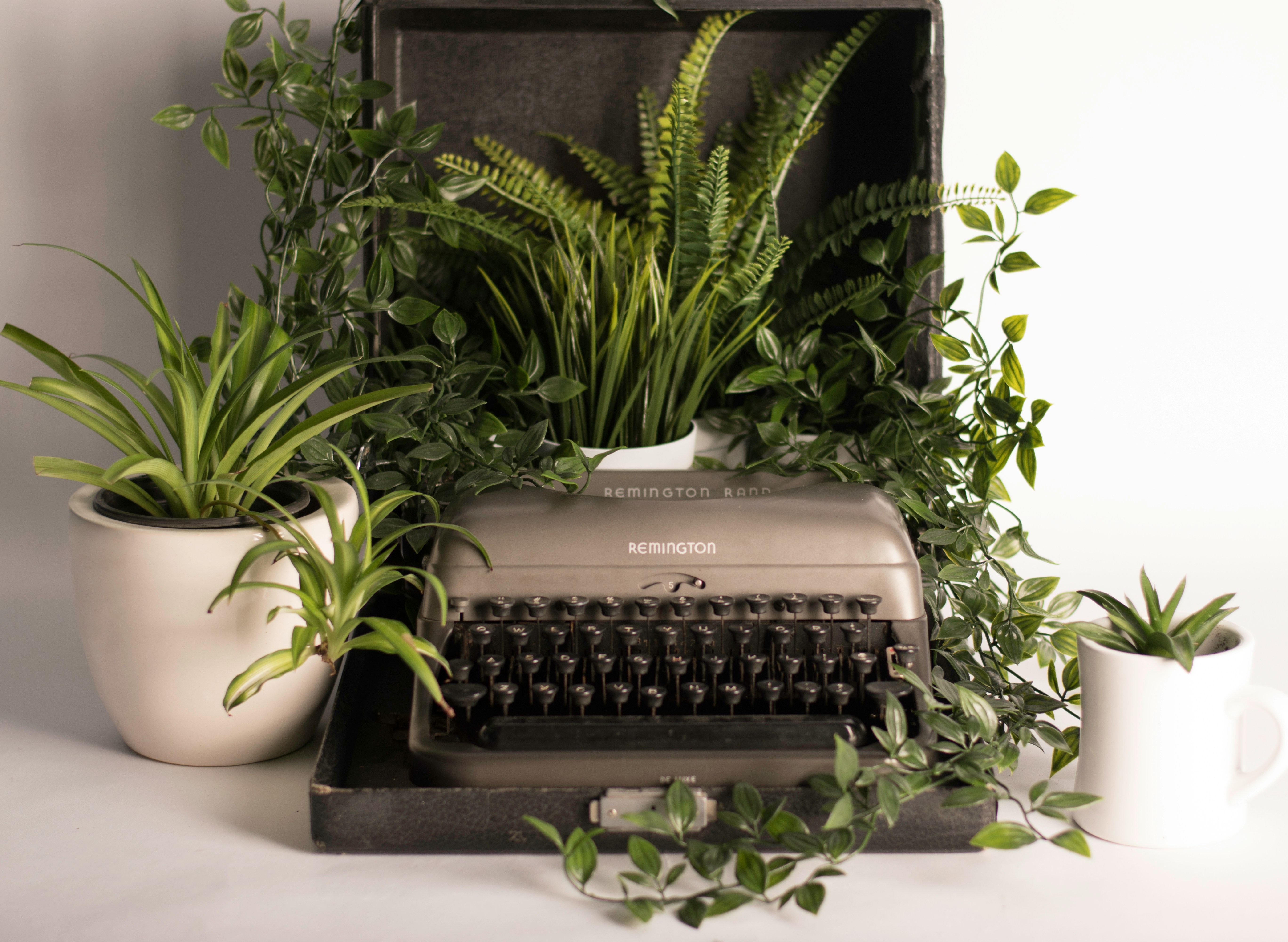While house plants may appear to be all the rage in making your home look chic, it turns out that having indoor plants are great to have around in order to improve one’s mental health. If you suffer from a mental health condition, then growing your own indoor garden could prove to be a beneficial way to relieve some of your symptoms. Mental health issues are common among young adults ages 18 and up. While everyone has different ways of managing mental health, different types of plants and hydroponic gardens are highly recommended by mental health professionals to alleviate some of the struggles associated with mental health problems.
Here are some reasons why you should invest in indoor plants for your mental health.
1. They reduce stress.
Studies have indicated that stress levels can decrease dramatically as a result of participating in gardening activities. Similar to reading, gardening appears to decrease one’s cortisol levels. Spending time caring for and just being around plants provides a relaxing activity, one which allows the participant to appreciate the moment rather than stress about work or other issues that may be heightened by one’s mental health.

2. Plants reduce symptoms of depression and anxiety.
For those who suffer from common mental disorders such as anxiety or depression, the peacefulness provided by indoor plants can be a great way to alleviate some of the everyday struggles. Research has shown that interacting with nature, such as tending to plants or taking a nature walk, can reduce symptoms of depression and anxiety. The addition of plants in your home can provide a sense of relaxation and purpose. By taking care of a living creature and watching it grow and create a beautiful environment, you can eliminate some of the loneliness and depression that you may be experiencing.

3. They can improve concentration and productivity levels.
According to some research, houseplants have been shown to improve concentration and productivity by up to 15%. By decorating your home and workspace with house plants, you are more likely to be productive in your work and house chores, while simultaneously feeling better and more motivated to complete these tasks. Poor concentration and productivity can result in a negative impact on one’s mental health, so the use of houseplants to enhance your environment is one of the best ways to give yourself a daily motivational boost. In addition to having a positive effect on everyday motivation and productivity, houseplants have also been shown to aid in learning disabilities such as Attention Deficit Hyperactivity Disorder (ADHD) by improving concentration. By creating a positive learning environment that encourages concentration and focus, houseplants can diminish the symptoms of ADHD and allow for focus and relaxation.

4. They can improve self-esteem.
Those who suffer from a mental health condition will often also struggle with self-esteem issues. An improvement in concentration and productivity will help alleviate stress and can increase one’s self-esteem. Houseplants not only provide a calming environment, but they also give their owners a sense of purpose as they require a daily care routine. As a result of caring for house plants and witnessing successful plant growth, it is likely to provide a sense of self-worth and pride for the plant owner.

5. They can increase overall mood and physical health
It’s no secret that plants are good for the environment—trees and gardens increase air quality and provide healthier outdoor environments, and the same goes for your home. Houseplants will have a positive impact on the air quality in your home, which is important considering how much time is spent at home. Having houseplants can help eliminate indoor air pollution, which is often much higher than outdoor pollution and can have a negative impact on one’s mental health. Studies have also shown that houseplants can combat sickness by adding humidity to a room and eliminating dry air. Additional studies in hospitals have shown that having indoor plants in a recovering patient’s room can decrease mental health issues by lowering anxiety and blood pressure. Overall, having indoor plants has been shown to be beneficial to one’s mental health by providing a positive and healthy environment.

Although developing gardening skills may appear to be intimidating to anyone with a lack of experience, there are plenty of opportunities for one to learn the trait. There are a variety of different houseplants and indoor gardening techniques, with hydroponics among the most popular. If you are unfamiliar with the hydroponic system or are unsure how to start your own hydroponic garden, Hydro Blossom is a website all about hydroponics and is a great place to get some gardening tips.
If you believe that you or a family member are struggling with a mental illness, then you should visit WithTherapy in order to learn about mental health issues and to receive proper assistance from mental health professionals.





